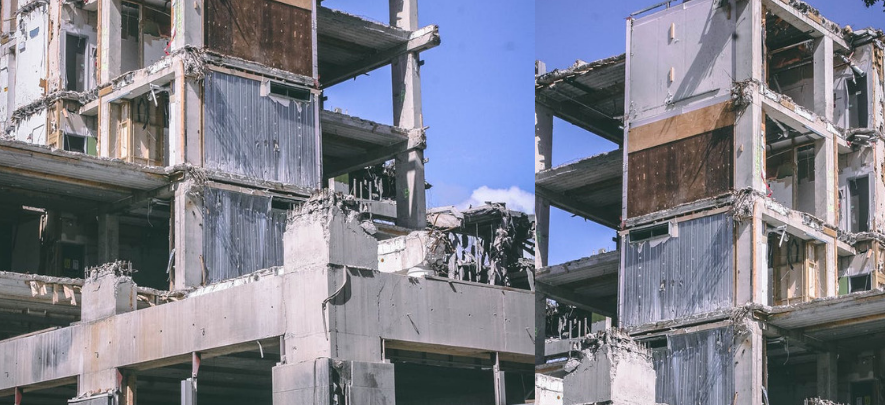Is your business ready for an earthquake?

Leadership & Management
324 week ago — 4 min read
The recent 6.1 magnitude earthquake that struck some parts of Luzon, and the 6.5 magnitude earthquake that hit Eastern Samar, can make business owners ponder: Is my business prepared for the big one? Will my employees be safe if another earthquake occurs? If you are uncertain of the answers, you better start preparing your business and your team.
To help you get ready, here are some earthquake preparedness tips:
1. Prepare an earthquake survival kit
When a strong earthquake strikes, you should expect that rescuers won’t come immediately as the roads still need to be cleared. Thus, a survival kit that covers essential supplies that you might need during an emergency is a must. According to the National Disaster Risk Reduction and Management Council, your survival kit should include the following:
- Drinking water
- Ready to eat food – crackers, granola bars, dried fruit, canned goods, sweet hard candies
- Flashlight and batteries
- Candles and matches
- Whistle
- First aid kit
- Emergency medication (medicines for fever diarrhea, wound, etc.)
- Portable radio with batteries
- Blanket
- Personal sanitary supplies – extra clothing, undergarments, soap, tissue
Make sure your employees have their own earthquake survival kit so that each of them is prepared in case an earthquake occurs.
2. Conduct an earthquake drill
Your staff should take the earthquake drill seriously, and should know how to respond before, during, and after an earthquake. Team members should be familiar with the fire exit and evacuation area where they can gather after the earthquake. They should also learn the basic three steps during the earthquake: duck, cover, and hold —duck or drop down to the floor, take cover under a sturdy table or other furniture, and hold on to its posts.
As a business owner, it is your responsibility to your employees to maintain a disaster plan. Assign a person who can handle search and rescue, basic first aid, fire response, and evacuation.
3. Prepare a business continuity plan
What’s next for your business after the disaster? If something happens to you, have you selected someone who can take over your business?
Business continuity plan is the process of creating systems of prevention and recovery to deal with potential threats to a company. In addition to prevention, the goal is to permit ongoing operation, before and during execution of disaster recovery.
It’s better to be prepared than to be sorry, so start preparing a business continuity plan for your business. You can include the following on your plan:
- How you will secure important documents
- How to communicate with your suppliers and customers
- How to track the costs of disaster to your company
- Emergency payroll or money
- How to carry on operations after the disaster
Without a proper earthquake preparedness plan, your business where you pour your blood, sweat, and tears can be vulnerable to huge setbacks. So keep in mind that being prepared for any calamity is the wise and responsible course of action for all business owners.
View GlobalLinker 's profile
Other articles written by GlobalLinker Staff
It’s a match: How to find the right business partner
126 week ago
Most read this week













Comments
Share this content
Please login or Register to join the discussion